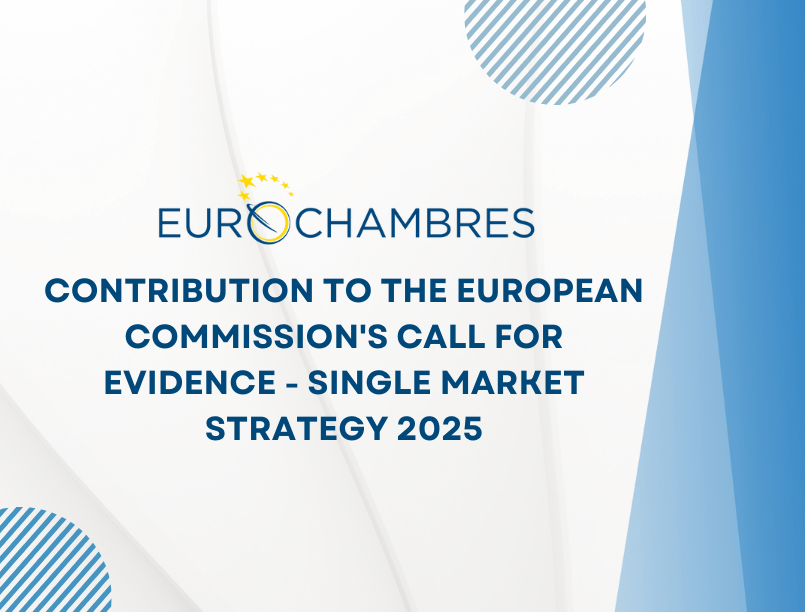Strategic Implementation of Single Market Access
Successful single market participation requires strategic planning that addresses multiple operational dimensions simultaneously. Organizations must develop comprehensive market entry strategies that account for regulatory compliance, competitive positioning, supply chain optimization, and customer acquisition across diverse market segments.
The implementation process involves careful analysis of market conditions, regulatory requirements, technological infrastructure, and competitive landscapes. Companies must establish robust operational frameworks that can adapt to changing market conditions while maintaining compliance with applicable regulations and standards.
Furthermore, effective single market strategies incorporate risk management protocols, performance monitoring systems, and continuous improvement mechanisms. These elements ensure sustainable market participation and long-term competitive advantage in increasingly complex business environments.



